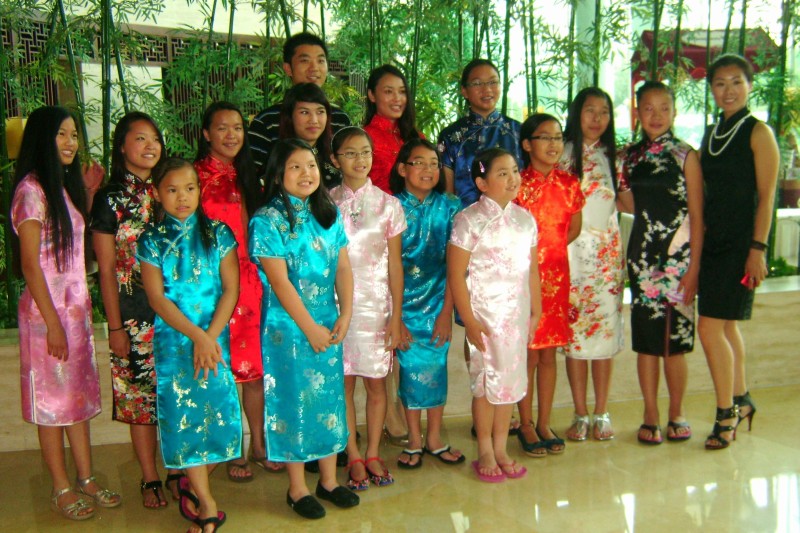
The international adoption world has always thought about birth culture activities as beneficial events for the Adoptee. It’s been argued that these types of activities foster a meaningful connection to the land and culture they lost as children. As I’ve written in past articles, I struggle with our current paradigm of birth culture enrichment and its primacy in parental strategy for Adoptee identity.
Through my years at Holt, I had never seen a compelling moment around birth culture that affirms our acute emphasis on the birth culture strategy. That was until I attended Holt’s China Family Heritage tour this summer. Whether it’s a self-fulfilling prophecy or strange ironic event, this tour was significant for everyone involved, but the people most affected may surprise you.
As I prepared for the tour, I thought about the emotions an Adoptee may experience when visiting their birth country for the first time: excitement, sadness, confusion, elation, anger, etc. With all the potential emotions that could arise, I knew my support would require humility, flexibility and finesse. I was prepared for what I thought would be inevitable drama, and where the unexpected would be the only constant. However, as the tour unfolded, the Adoptees displayed a stoic attitude that took me by surprise. With a blend of jet lag and culture shock, they took in their surroundings, enjoyed the tour and appreciated the vacation. I sensed they were saving the weighty stuff for a later time. But in that moment, they wanted to sit back and enjoy the ride.

The longer I observed this behavior, two realities of the situation slowly began to reveal themselves: First, these tours expect children to be able to process the ephemeral idea of a homeland trip without understanding its importance to them. Parents understand very concretely that without China, their family is incomplete. For their children, the abstract idea of “without China” simply illustrates everyday life. Ultimately, China is a foreign country that feels generations removed since they were adopted as infants. And second, this type of family heritage tour may have greater significance to the parents than it does to the Adoptee. The contradiction of this thought fades when you consider what was at stake during the parents’ earlier visit to the country. A return trip is a joyous stroll down one of their most significant memory lanes. The “weighty stuff” the Adoptees will process after the tour has already been processed by the parents while raising their family. This increases the depth of the parents’ tour experience by shedding certain fears and anxieties around “purpose,” and allows them to be emotionally present, reminiscing about a pivotal moment in their lives, a significant tour advantage absent to Adoptees.
A trip to one’s birth country is a profound experience that should be shared with the people we love. It is a kind gesture from parent to child that demonstrates an openness, transparency and support to their identity development. And while the popular discourse leads parents to think about these tours as a homecoming event designed strictly for the well being of their child, if you scratch a bit deeper you’ll find much more than that. These are not just homeland tours for the Adoptees. These are family origin tours that have deep meaning for everyone involved. A parent’s desire to return to the place that made their family whole shouldn’t be obscured by the idea that Adoptees are the only ones who can benefit from the trip. For the parents on this tour, China represented a paramount moment in their families’ histories. By owning and expressing that sentiment and emotion, it allowed them to share in the burden and vulnerability their children felt as they discovered why China was important to them.


